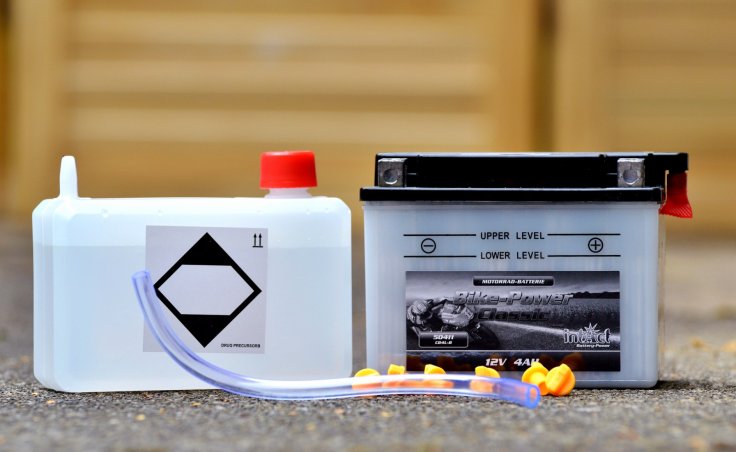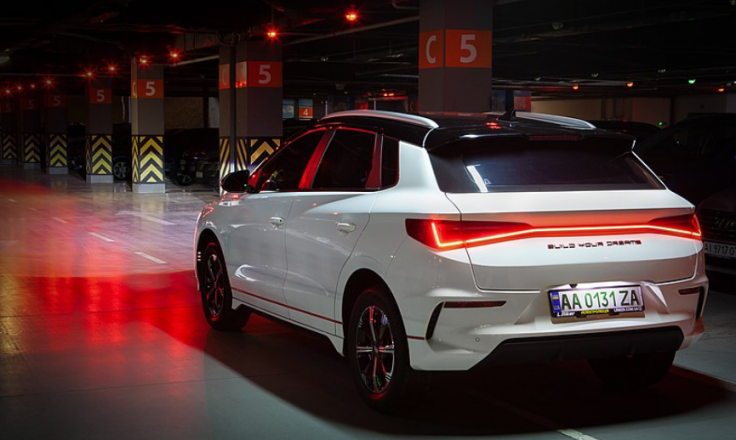South Korea is ramping up its investment in the battery technology segment, even as electric car battery makers around the world are increasing their investments in the sector. For South Korea, keeping an edge in the battery segment is crucial as it is home to some of the largest electric car battery manufacturers.
The South Korean government said on Thursday that it is lining up a whopping $15 billion (20 trillion won) in the sector. The investment will be spread out through 2030 and will be funded jointly by the South Korean government and its the battery companies in the country.
South Korea Needs to Retain Edge
"The joint investment will allow South Korea to start commercial production of solid state batteries ahead of others," the government said in a statement. according to Reuters.

The new investment is aimed at developing advanced battery technologies, including solid-state batteries, the statement added.
South Korea needs to retain the technology edge in order to maintain its share in the all too crucial electric battery segment, which is dominated by China. The EV battery segment is currently led by three South Korean companies -- LG Energy Solution, Samsung SDI Co and SK On. Besides controlling about 25 percent of the global electric vehicle battery market, these companies have big names in their client list, including Tesla, Volkswagen, General Motors and Ford Motor.
According to South Korea's Industry ministry, the goal of the new investment is to triple the exports of battery production-related equipment. The ministry also aims to quadruple the manufacture of cathode materials domestically.

US, Europe Battling Chinese Dominance
The world over, the electric battery industry is getting increasing attention by governments and leading businesses. The US government, under its Inflation Reduction Act (IRA), is funneling more than $370 billion into the battery segment though subsidies. The goal is to limit the dominance of Chinese battery manufacturers and increase the share of US-made EVs and batteries.
"EV batteries have already become a point of geopolitical tension between China and the West," Tu Le, managing director of Sino Auto Insights, told DW.
In the European Union as well, there is a greater push to invest in the electric battery segment. In 2017, the EU launched the European Battery Alliance, with an aim to make sure that at least 90 percent of the region's battery needs are met by European suppliers by 2030.
Biden Administration's Push

Chinese battery major CATL, which is the global leader in electric batteries said this week it developed a condensed matter battery and that it aims to start mass production this year.
In the US, the Biden administration has proposed new stipulations aimed at cutting automobile pollution. The implementation of these rules will result in making it mandatory that at least two-thirds of new vehicles sold in the United States are electric by 2032.
EV Battery Demand to Rise Exponentially
This, as well as similar governmental push everywhere in the world, will spawn a huge demand for electric cars. Advanced electric batteries that offer greater range and efficiency will define which companies will survive.
According to a Reuters estimate, the world's top automakers are lining up nearly $1.2 trillion of investment in EVs and batteries up until 2030.
The International Energy Agency says that the share of battery-powered cars will increase from 10 percent in 2021 to more than 60 percent by 2030.
At the moment, China leads the electric battery segment, accounting for nearly 75 percent of the market. Having taken a strong grip on the global electric battery manufacturing capacity, Chinese mega corporations also control many other elements of the electric vehicle supply chain.









